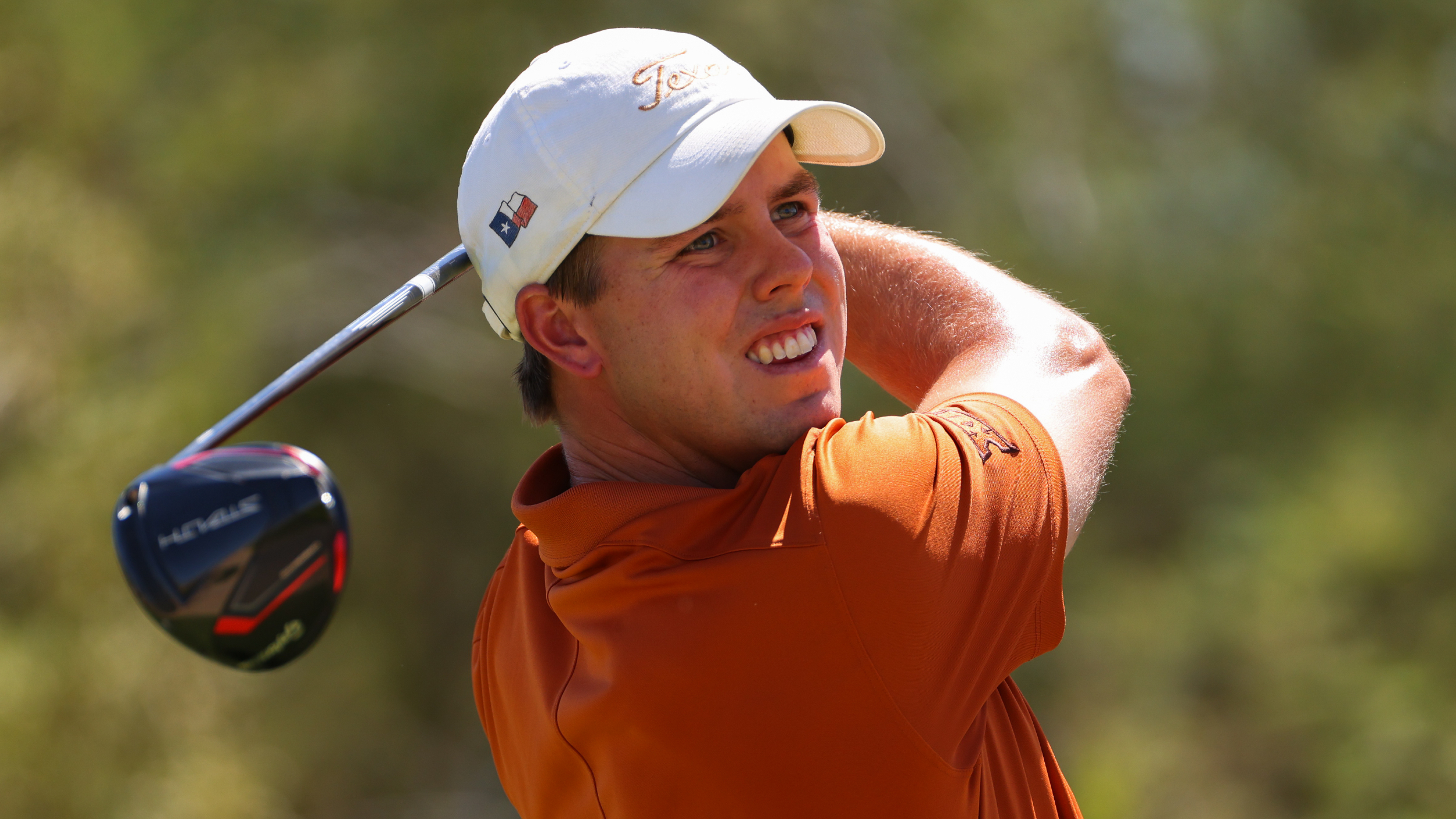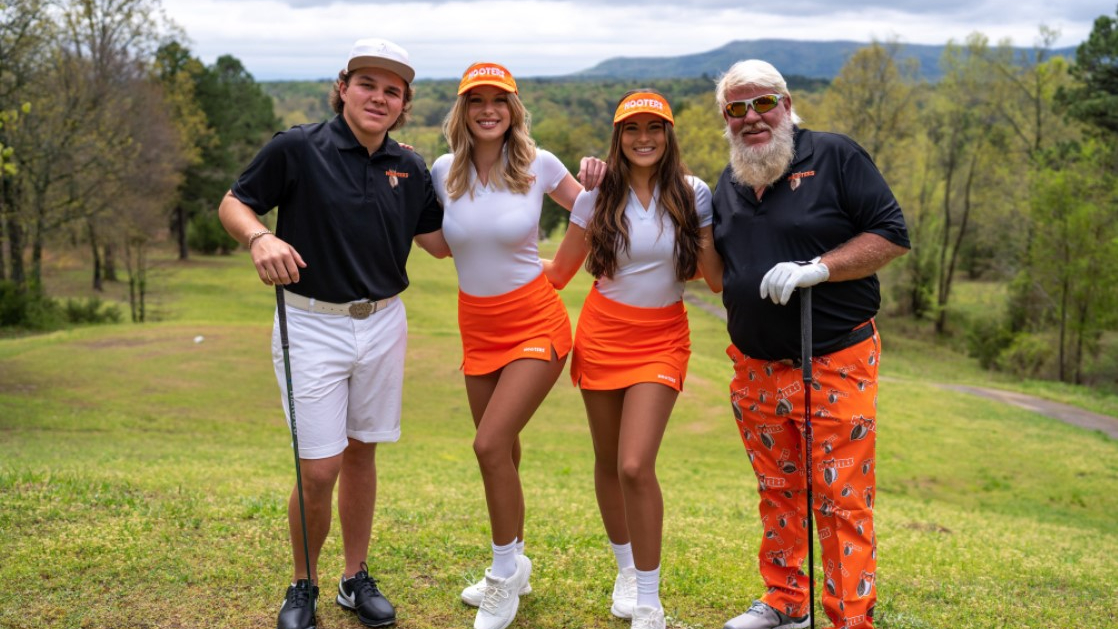
Because college golfers have not yet progressed to the professional game, it seems obvious that the answer to the question of whether they get paid would be an emphatic "no."
However, while that would have been more clear-cut not too many years ago, it has recently become more of a grey area.
College golfers still don't receive prize money (although, per the USGA Amateur Status and NCAA Rules, they can accept prize money (including cash) up to $1,000 may be won in scratch competitions, which mainly include competitions that don’t involve the golfers’ handicaps.).
Still, on July 1, 2021, the waters were muddied considerably when the NCAA began permitting its athletes to receive payments via NIL (name, image, likeness) agreements.
That decision proved contentious, to say the least. Some believe the decision should have been made earlier, and that college golfers should have the right to benefit financially, and not just the universities whose profiles are raised as a result of their achievements. ‘

On the other hand, there are concerns that the most successful players, or even those with larger social media reaches than others, could give too big an advantage while others struggle. Also, there are restrictions for international athletes due to visa issues, so could it ever be a level playing field?
Others worry that the spirit of the amateur game could be diminished when some players are well compensated even when retaining their amateur status.
Regardless, the decision was made, and nowadays it means that even though college golfers can’t receive prize money for playing (which, in the NCAA's words, are prohibitions on pay-for-play), they can be paid for things including certain endorsements, sponsorships, personal appearances and social media promotions.
Players who have taken advantage of the NIL era during their college golf careers include John Daly II, who signed the very first NIL deal for a college athlete with Hooters less than a year after the NCAA rules were changed. Also in 2022, Stanford's Rose Zhang and Rachel Heck signed with Excel Sports Management to handle their NIL matters.
Pierceson and Parker Coody of the University of Texas were two others to benefit after they signed with launch monitor company Rapsodo while at the University of Texas at Austin.
Overall, on one level college golf has remained true to the spirit of the amateur game – namely, that players aren’t compensated for their achievements on the course in the form of prize money. However, in more indirect ways, there are now opportunities to make good money as a college golfer that didn’t exist just a few years ago.







